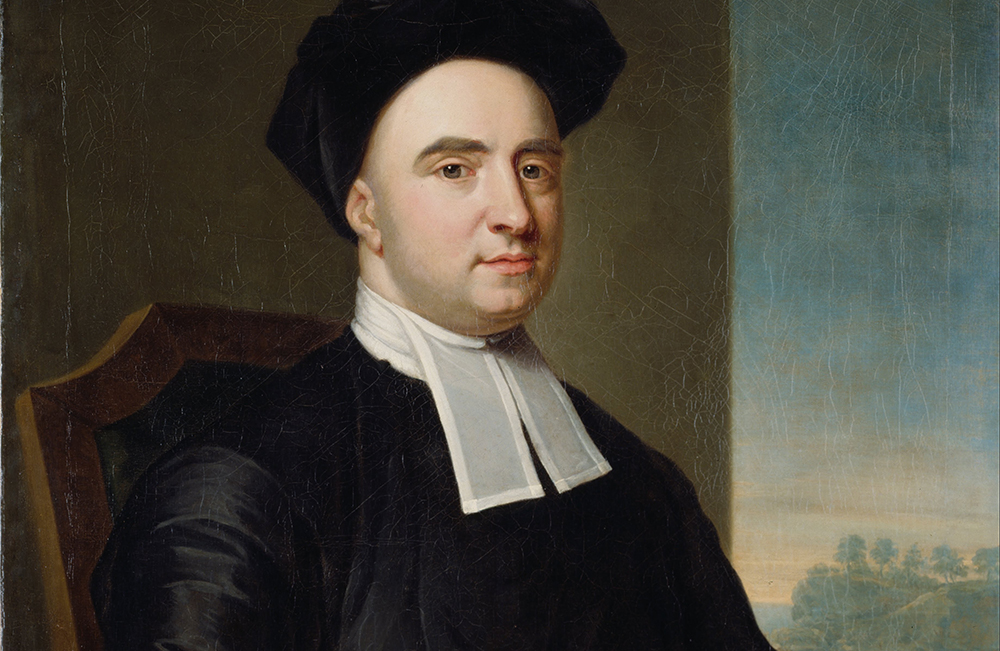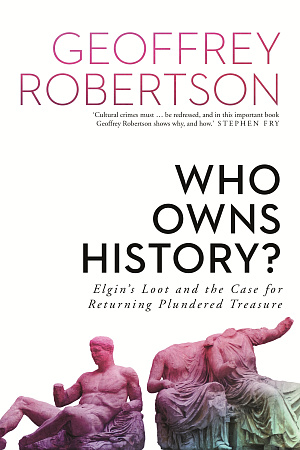George Berkeley: A philosophical life
Princeton University Press, US$35 hb, 643 pp
Radical immaterialism

George Berkeley (1685–1753) proposed a radical solution to the conundrums of modern philosophy. By denying the existence of matter, he dismissed the problem of how we can know a world outside our minds. Only minds and their ideas are real. The problem of understanding how mind and matter interact is dissolved by Berkeley’s immaterialism, and so is the difficulty of explaining how causation works. The source of all that we perceive, he believed, is God. Few philosophers have ever accepted this position. But the brilliance of his arguments for it earned him a place in the Western philosophical canon.
Continue reading for only $10 per month. Subscribe and gain full access to Australian Book Review. Already a subscriber? Sign in. If you need assistance, feel free to contact us.











Leave a comment
If you are an ABR subscriber, you will need to sign in to post a comment.
If you have forgotten your sign in details, or if you receive an error message when trying to submit your comment, please email your comment (and the name of the article to which it relates) to ABR Comments. We will review your comment and, subject to approval, we will post it under your name.
Please note that all comments must be approved by ABR and comply with our Terms & Conditions.